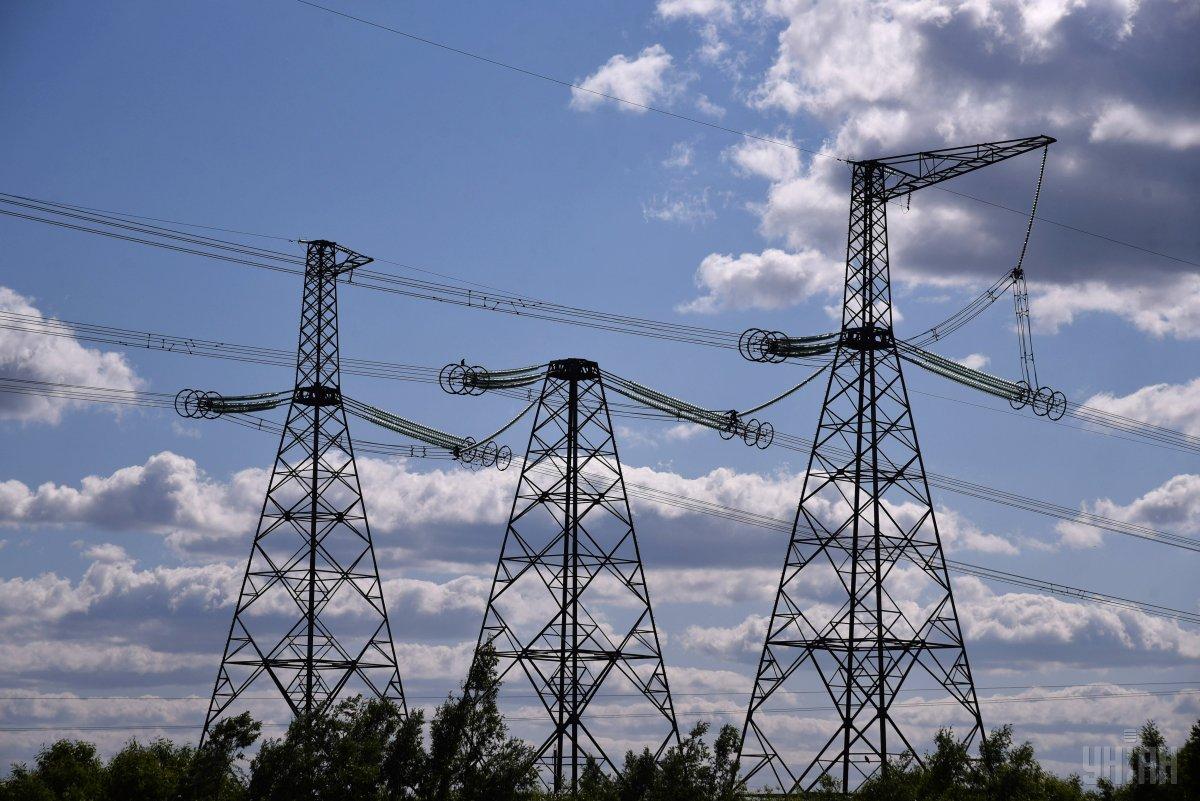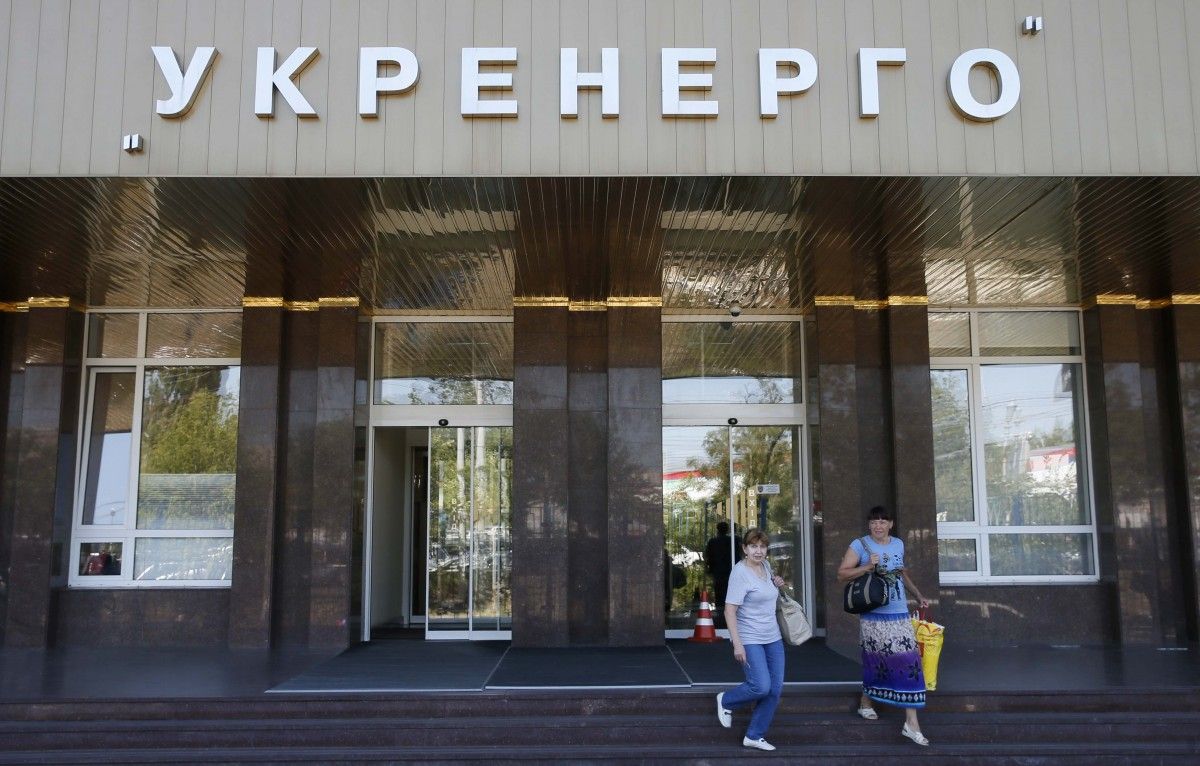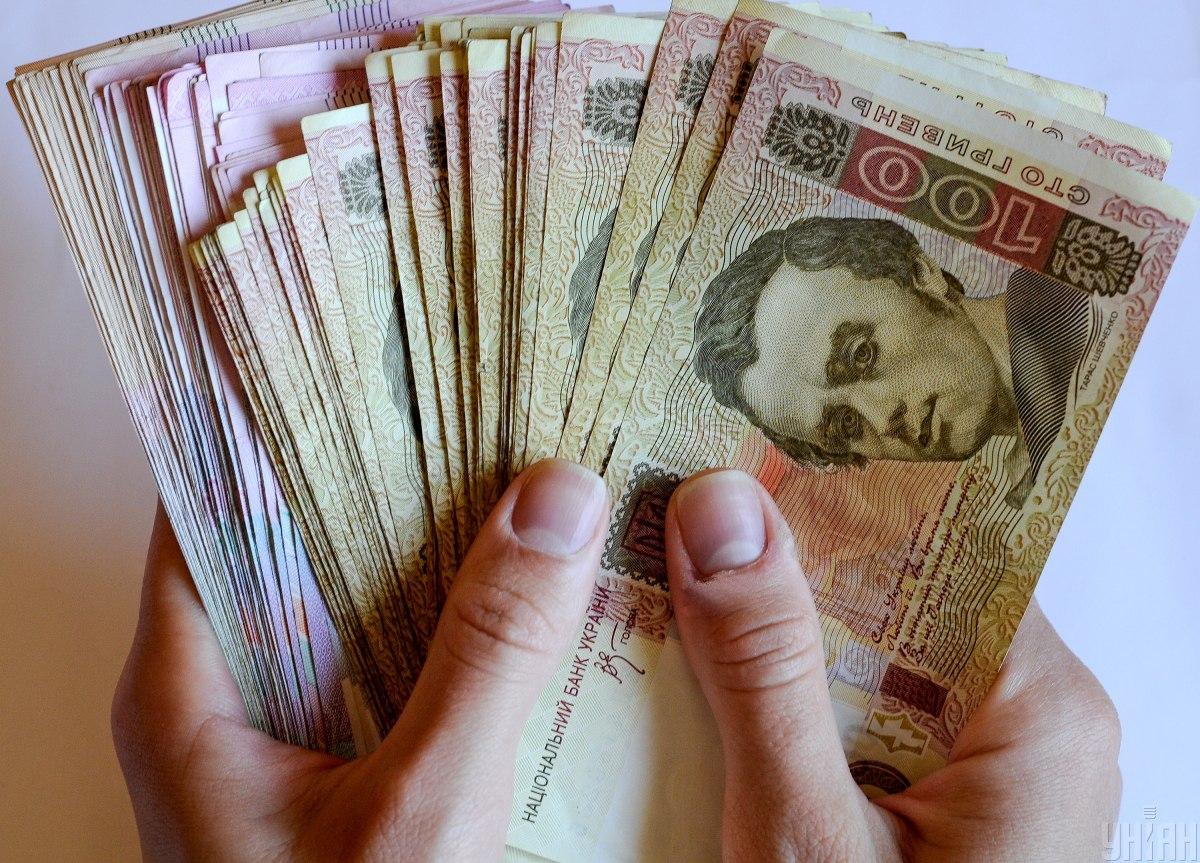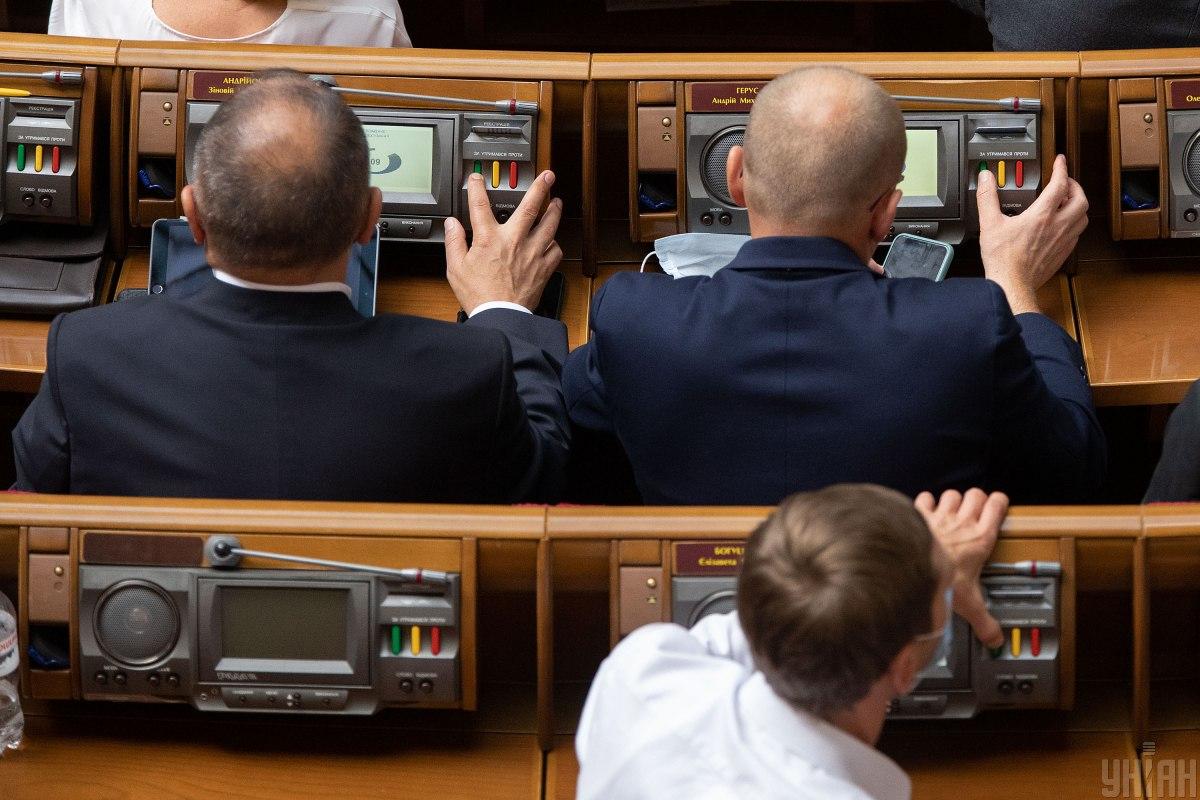
Week's balance: Ukraine resumes electricity imports from Russia, hryvnia beefs up, Rada takes another step toward large SOEs' sale
Ukraine resumed imports of electricity from Russia to compensate for the acute shortage in own energy grid, the hryvnia strengthened amid ongoing talks with the IMF, while the Rada adopted laws formalizing remote work and taking the first step towards large-scale sale of state assets – these are the main economic developments of the first week in February.
The hottest topic of the outgoing week was the renewed power supplies from Russia. For the first day of imports, February 1, 2021, the total volume of electricity transmitted from Russia amounted to 1 million kWh.
This news wasn't an easy one to accept by Ukrainians as most are aware of how keen Russia is on using its energy resources as leverage over other countries. In addition, many politicians pointed out that it is impossible to buy electricity from a country that has been waging a war against Ukraine for the seventh year already, while at the same time turning a blind eye to the fact that for all these years Russia has remained for Ukraine among the top 3 largest trading partners.
However, the wave of public indignation quickly subsided, hitting the stone of harsh reality: the energy grid is experiencing an acute shortage of electricity, so this could bring serious problems, up to emergency blackouts.

According to NEURC, the energy regulator, the situation with coal reserves at the warehouses of Ukraine's thermal power plants (TPPs) remains critical, which could provoke a major emergency in the unified energy grid, leading to blackouts across country.
In addition to low coal reserves, regular accidents at thermal power plants, as well as delays in repairs at nuclear power plants, have become a major problem for the electricity grid.
Power grid issues
Ukraine's largest Zaporizhia TPP on February 3 saw a full shutdown due to a short circuit at a power substation.
Overnight, during the consumption peak, power units with a total capacity of 750 MW were shut down, which was offset by an increase in generation by hydroelectric power plants. The next day, the TPP fully resumed its work.
At the same time, in early February, 17 power units at thermal power plants were shut down for repairs, most of which were emergency-related. Some of the power units remain idle due to the shortage of coal they run on.

As per Ukrenergo, the state-owned operator of the Unified Energy Grid, the most difficult period is still ahead – on February 8-20, a significant drop in air temperature is expected in most regions, which will lead to higher power consumption.
The load will go up on thermal power units that can also operate on reserve fuel, gas, which is more expensive than coal. Generation volumes at HPPs and PSPs will also be increased.
Electricity imports also play an important role in maintaining stability of the national energy grid through this difficult period.
Meanwhile, with the arrival of spring, power generation will increase significantly, the deficit will be replaced by a surplus, and there'll be no need to import electricity from the aggressor state.
Meanwhile, unfortunately, authorities say they can't do without these purchases. There's hope that the actual reasons why the domestic energy grid plunged into another crisis this winter will be thoroughly probed, and those responsible – punished.
Stronger hryvnia

In the outgoing week, the hryvnia continued the strengthening trend observed since late January, getting below UAH 28 per U.S. dollar.
From January 29 to February 5, at the central bank's official rate, the currency strengthened from UAH 28.2 to UAH 27.9 to the dollar. During the same period, the rate on the interbank market shifted from UAH 28.15 to UAH 27.8 per dollar.
In the capital's exchange offices, the dollar on Friday cost UAH 27.99, while on January 29 it was UAH 28.25.
Experts note that the hryvnia rate by late February may strengthen even more tangibly against the backdrop of rising prices for Ukrainian exports and continued activity of non-residents on the government bonds market.
Any progress in negotiations with the country's key creditor, the International Monetary Fund, regarding the second tranche of the Stand-By Arrangement, could also play a significant role in the beef-up of the national currency.
IMF representative Gerry Rice told a traditional briefing in Washington, D.C., on Thursday that the IMF mission on the first SBA review will continue its work into February, in conference mode.
NBU Governor Kyrylo Shevchenko noted that Ukraine expects to receive three tranches in 2021, worth a total of $2.2 billion.
According to him, the NBU is fulfilling its obligations to the IMF, while Parliament may have to pass a number of laws as conditions for the allocations.
Continued cooperation with the IMF, Shevchenko added, will help reduce the cost of borrowing by government, which this year plans to place nearly $2.4 billion worth of bonds on the external market.
Productive Rada

Last week, the Verkhovna Rada adopted a number of important laws, which in the near future will have a significant impact on the country's development.
A law on the transition from paper employment records to their online version. The transition period will last for the next five years.
Against the backdrop of quarantine restrictions caused by the corona spread and many employers allowing remote work for their staff, the Rada passed legislation enhancing legal regulation of such work. The document introduces the concept of remote work and work from home, also defining the concept of "flexible working hours."
Also, the deputies streamlined the procedure for obtaining road construction permits, which is expected to allow the president's "Big Construction" project to gain even more traction.
Besides, the deputies passed a number of important bills at first reading. Thus, the Rada approved the drafting of the General Territorial Planning Scheme, which will be based on modern geoinformation technology and, as expected, will create conditions for the sustainable development of territories and settlements. The existing planning scheme was developed in 1998-2000, and approved in 2002. The new scheme will be applied at regional and local levels.
People's Deputies also supported a bill submitted by government to unblock large-scale privatization. If adopted, the law will finally allow the launch of SOE sale auctions, which were banned for the duration of the quarantine starting fall of 2020.
The Ministry of Economy, commenting on the bill, noted that, first of all, this is about the sale of Bolshevik, Odesa Portside Chemical Plant, United Mining and Chemical Company, and Kyiv President Hotel.
According to the agency's estimates, the sale of major state-owned enterprises in 2021 will bring as much as UAH 12 billion to the state budget, as well as attract investment.
The second week of February promises to be no less eventful than the first one. The IMF will continue its work, the State Statistics Service will report on the January inflation rate, and the February wave of freezing temperatures will challenge the stable operation of the country's energy grid.
Ihor Orel

